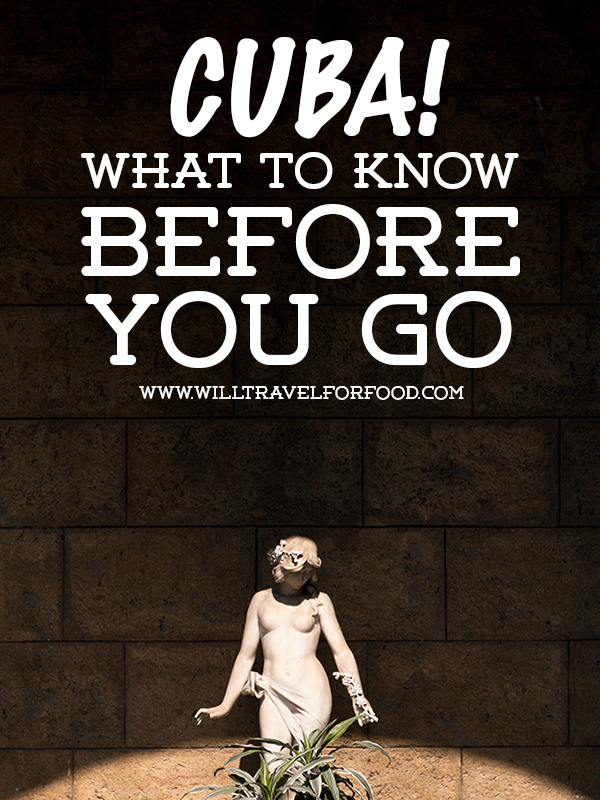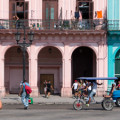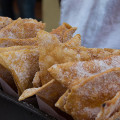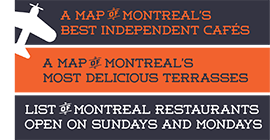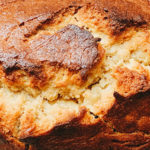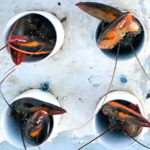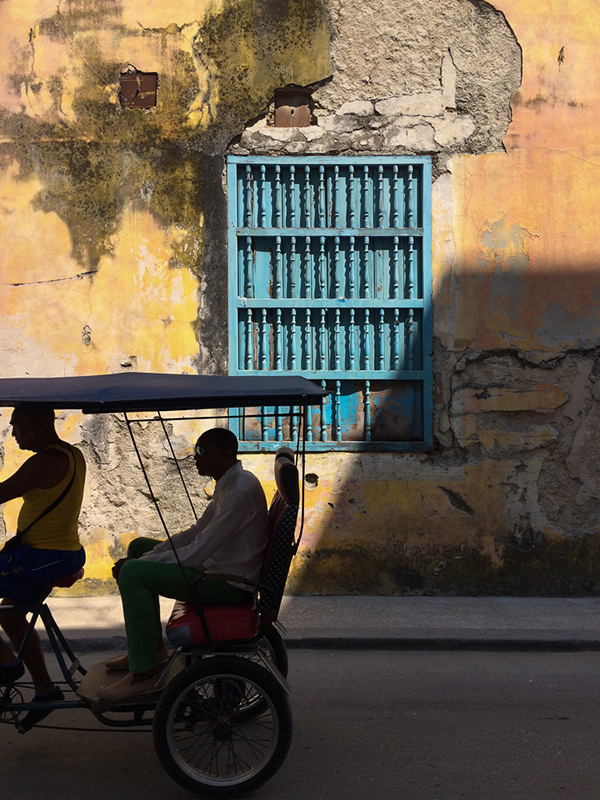
A scene from Havana Vieja {photo © mrb404}
Cuba is like no other place on this planet. It’s the island time forgot since 1959. It’s a unique time capsule filled with vintage cars, peeled paint and barely standing buildings but also gorgeous beaches and beautiful architecture. It’s also a place where happy, welcoming Cubans are ever smiling, dancing and making the best of the dismal conditions they’ve been stuck in for the past 57 years. This may very well change with the lifting of the American embargo and these are exciting times for the island nation.
I’ve been to Cuba 7 or 8 times since 1994. I’ve done the all inclusive beach trip once or twice but I’ve also toured the country with family and friends that I have lured to my most favourite island. I’m happy to report that they’ve all enjoyed it immensely. Travelling to Cuba takes some preparation and if you’ve never been, here’s what you need to know before you go. One final advise, let go of all expectations and enjoy the unforgettable ride!
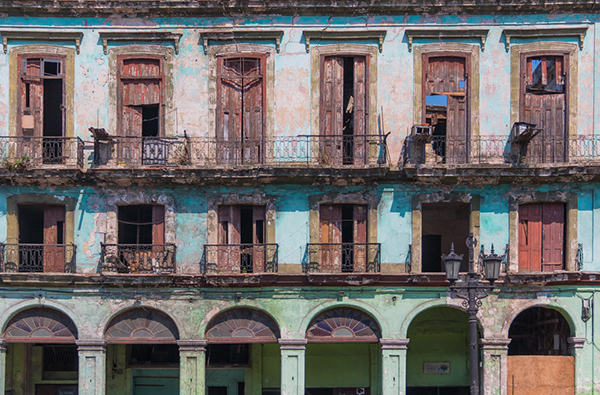
Havana Vieja {photo © mrb404}
Currency
Cuba is the only country in the world (I believe) that has a dual currency: the Cuban Peso Convertible (CUC) used by tourists and the Peso Cubano (CUP) used by the locals. The CUC is at par with the US Dollar while the CUP is worth 25 times less. Exchange offices are scarce and so are ATMs (and they are most often empty or out of order). You can find them both in resorts or larger hotels. You need to show your passport when exchanging money. Credit cards are hardly ever accepted anywhere, especially if they’re American. Cash is your best option; Canadian dollars, Sterling pounds or euros are the best choice (American dollars are not accepted). Since you can’t get CUCs anywhere outside Cuba, exchange as much money as you can at the airport upon entering. Since Cuba is a safe place, it will be ok to walk around with a wad of cash in your pocket. Don’t forget to change back your CUCs before leaving because you won’t be able to change it anywhere else outside of Cuba otherwise.
Travel insurance
You need to have a travel insurance when you enter Cuba. They may check for it at the airport so be prepared.
The Cuban Tourist Card
Most nationalities will need a Cuban Tourist Card (basically, a Cuban visa). Some airlines or travel agents will include it when you purchase your ticket (ask for it) otherwise, you may need to purchase one upon checking in. It’s been given to me at the airport every time I’ve visited. The authorities will keep half of it while you hold on to the other half. Don’t lose it as you will need to give it back upon leaving the island.
Bring gifts
I always go to the dollar store prior to flying to Cuba. I spend $50 on toys, pens, toothpaste, toothbrushes, pantyhose, soap, candy, make up, etc. Break down multiple packs of anything and give them away individually. This is especially relevant if you’re travelling to smaller towns. Pack your backpack in the morning and distribute during the day. Don’t worry, the kids will find you.
Use offline maps and print everything
Get used to working with Google maps offline. Internet is scarce in Cuba and chances are, you won’t be able to connect anywhere, not even at some hotels. Print all important documents before you leave.
Safety
Cuba is one of the safest countries you can travel to. People are afraid of the police and the severe consequences for any crime. Other than the occasional scam (see below), there’s almost no chance of you ever being mugged or attacked.
Scams
Some of the most common scams involve locals befriending you in order to sell you cigars, show you a great restaurant, usher you into a (non official) taxi or any other insider tip they may dangle before you. Although these jineteros and jiniteras (hustlers) may seem very friendly, they can be persistent and almost always have an alternative motive. They may be useful in finding a paladar (restaurant) or a ride but will undoubtably tell you a sob story in the end while asking for money. Fortunately, not all Cubans are like that and most of them are lovely and honest.
Be careful with the dual currency as well. Make sure you know which currency you are being charged in (they’re both commonly called pesos) and which currency you are getting change back in. You don’t want to pay in CUCs and get change in CUPs.
PS: If you’re a cigar aficionado, buy them at a government-run store or a higher end hotel where they come with a authenticity licence. The ones sold on the streets are probably of lesser quality.

The stairway to La Guarida restaurant in Havana’s Centro neighbourhood {photo © mrb404}
Internet and phone
As I said, internet is pretty scarce, almost non-existent. You will be able to connect in big hotels but that’s about it and even then, it will be very slow and expensive. Sometimes smaller resorts will have an office with computers and a dial up connection so slow, it will make you want to gouge you eyes out. It’s quite liberating to just disconnect for a while. I promise you’ll love it (this is coming from a WiFi junkie).
Food
Cuban food is delicious. Unfortunately, it’s more delicious outside of Cuba than it is on the island because of a lack of available ingredients. Things are getting better however, just don’t hold Cuban restaurants to the same international standards. Rice and beans are staples, with salads comprised of cucumbers, tomatoes, cabbage and canned beans or carrots often served as side dishes. The main proteins are chicken and pork with fish and seafood making an appearance from time to time. You can eat at your hotel (and if you’re staying in a resort, sometimes that’s the only option) but please avoid the government run restaurants and head for some of the paladares (privately owned restaurants) that are sprouting out everywhere. I have several recommendations for Havana here.
Lodging
There are a few types of lodging in Cuba, from casas particulares (bed & breakfast type housing) to hotels (all government owned) to all inclusive resorts. Casa particulars can be a lovely alternative. I left a crummy hotel I had booked for a beautiful apartment in the heart of Vedado in Havana on my last visit. If you ever have trouble finding accommodations, contact my friend Raúl Rodríguez at Suite Cuba and you won’t regret it.
Transportation
Cuba has several interior flights for longer hauls. Viazul buses are for tourists and a good option to travel from city to city. You can also rent a car to take you just about anywhere. Don’t be surprised if they break down though, car parts are expensive and hard to come by in Cuba.
There are several transport options in Havana from coco taxis to vintage American cars. I’ve discussed them in detail in this post about Old Havana.
Additional references:
Cuba Junky has been around for years and is a great reference for all things Cuba.
Suite Cuba will help you book apartments as well as transport, if need be.
If you want to book a tour while in Cuba, do it before you leave home (remember, there’s no internet in Cuba). Cuban Adventures is a reliable tour organiser.
And of course, read all my posts on gorgeous Havana here. And as I always say, Havana is the most photogenic city in the world so check out some of my photos here.


